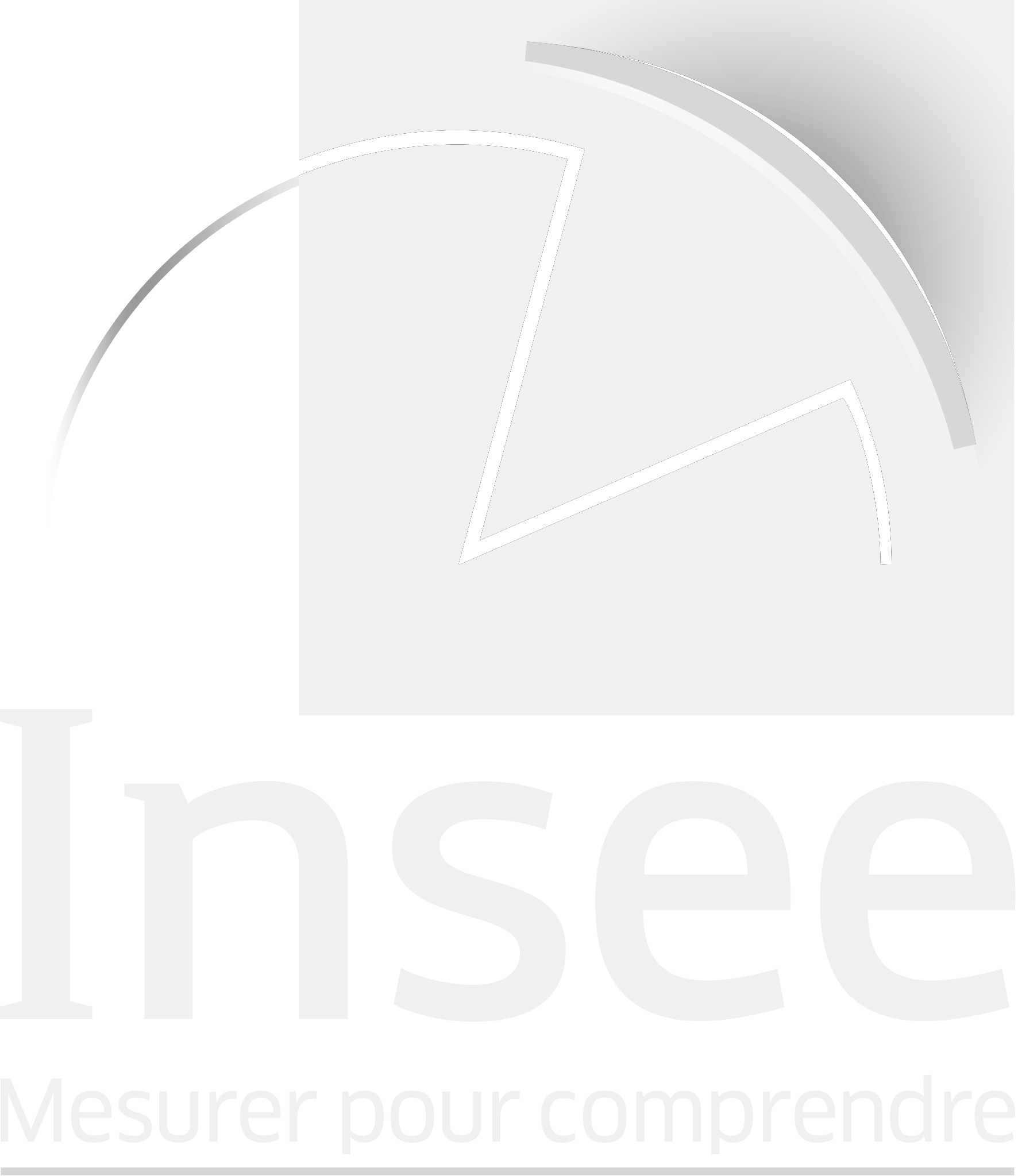April 8 & 9, 2024 – 9:30-17:30 CET - INSEE Head Office
DDI representation of variables in repetitive contexts
The goal of this workshop is to study the representation of variables in DDI Lifecycle, specifically in iterative contexts: panels, cohorts, repeated surveys, periodic administrative files, etc. Beyond the representation of variables, the work will also cover their organization into schemes and resource packages, and their relationships with other objects such as study units, physical instances, code lists, managed representations, etc.
The work will produce harmonized descriptions of use cases coming from different business contexts, guidelines on how to use DDI-L constructs for repetitive contexts, what more could be needed, etc. Detailed documentation is available on a dedicated GitHub repository.
A first workshop held in October 2023 with the participation of CLOSER, Constances and Insee teams. This COSMOS side event will build on the results already obtained and associate a larger group of stakeholders.
Space is very limited, so please contact the COSMOS mailbox if you are interested in participating.
April 10, 2024 – 9:30-17:30 CET - INSEE Head Office
SDMX, DDI and related standards for statistical production: making interoperability work
SDMX and the DDI standards were developed in parallel and independently. Each started within its own user community, and have evolved significantly over the years gaining a lot of overlap. However, there persists some misconceptions, and one is that SDMX and DDI standards compete. We hold a different view – the standards address similar things in different ways and “levels”. The differences are complementary rather than in conflict and it’s increasingly important to uncover how SDMX and DDI standards can and should work together. Some progress has been made over the past year in that direction, understanding how each of them complies with GSBPM. Now is time to analyze both standards vis-à-vis.
In addition, data and metadata used and produced in the statistical business process need to be validated and transformed, and that’s where standard languages like VTL and SDTL come into play. They have been born within SDMX and DDI, respectively, but both were conceived as "agnostic" to the data and metadata models to be processed. So, can these languages interoperate in such contexts?
Statistics producers gain to benefit by understanding how all these standards interact and how to use them together to automate production pipelines and improve interoperability in a cost-effective way. This meeting prior to COSMOS is devoted to making progress in this area.
Space for both discussions is limited, so please contact us if you are interested in participating: jonesc (at) un.org
April 10, 2024 – 9:30-17:30 CET - Sciences Po, Room K319, K building
DDI Alliance Questionnaires / Question Working Group
In 2014, DDI Lifecycle 3.2 introduced a robust schema for managing and documenting full questionnaires, further improvements were added in DDI-L 3.3 such as the ability to support measurements. Since then, many organisations have adopted the standard and started implementing questionnaire and question documentation as an integral part of capturing the data lifecycle. The development of software tools has built up substantial community knowledge about the strengths and weaknesses of the current version of the DDI-Lifecycle standard.
A preliminary workshop was held at EDDI 2022 and suggested that the formation of a DDI Alliance Working Group would be helpful to co-ordinate further development activities. The initial scope of the Working groups was to:
- Develop best practice for implementation
- Develop best practice for interchange
- Provide ideas for revisions, extensions, and feed into future versions of DDI
The meeting will be an opportunity to review these, suggest further areas, and create a terms of reference for proposing the establishment of a formal Working Group.
For more information and/or if you wish to attend please contact Hayley Mills (h.mills at ucl.ac.uk)








